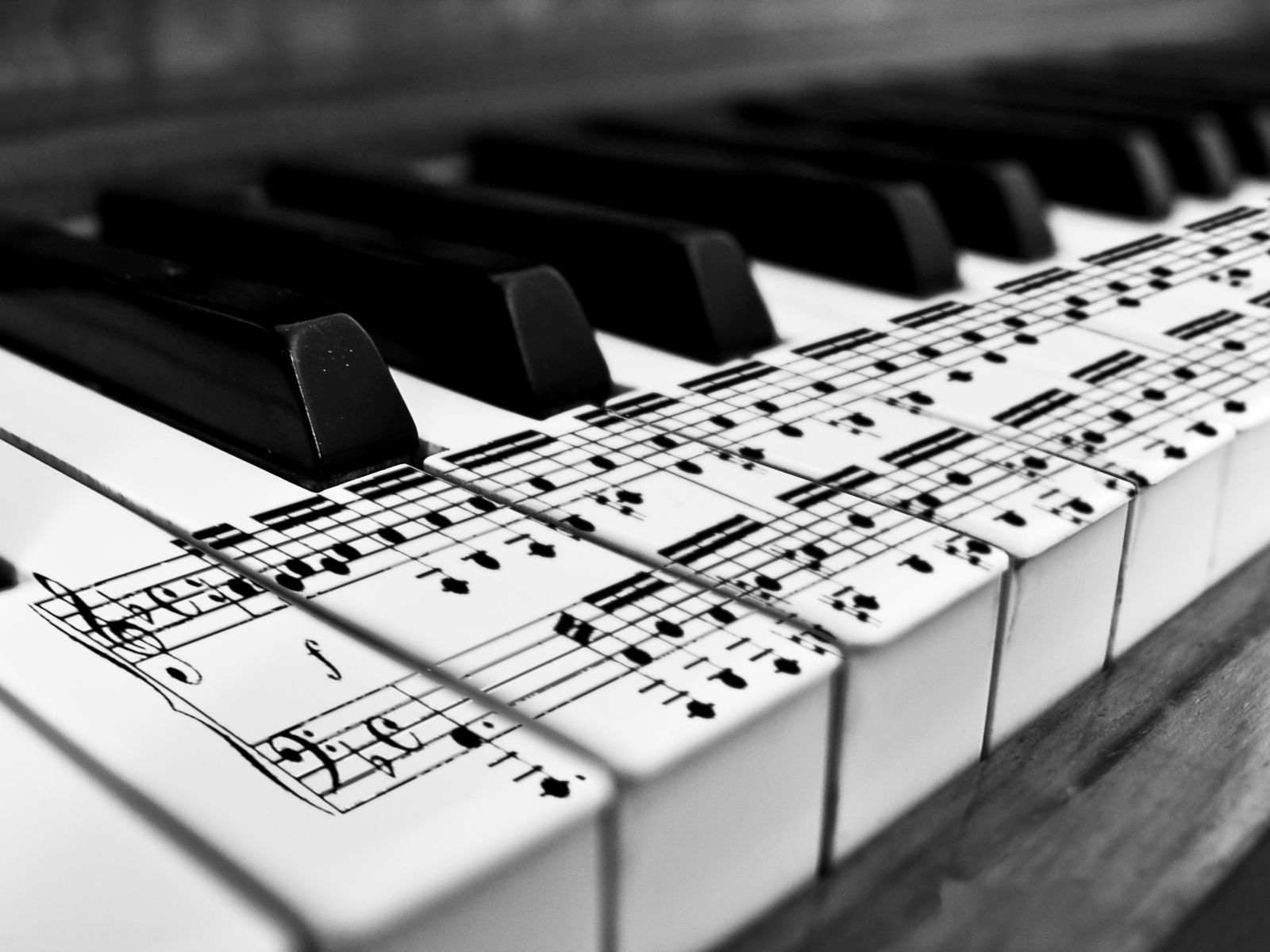
The Consequences Of Forcing Kids Into Music
It goes without saying that children often need to be encouraged to discover the world and learn new things, this sometimes means that parents and teachers may feel in the need of forcing them to do things they don’t want to do in order for them to learn valuable lessons, but when is this the right thing to do odo
So why are so many children taking ballet, violin, piano? Lately, I have been asking my fellow middle-class urbanite parents that question. About dance, they say things like, “Ballet teaches them poise,” or, “Ballet helps them be graceful.” And about violin or piano they say, “It will give them a lifelong skill,” or, “They’ll always enjoy listening to music more.”
New Republic
It’s often something that parents do with good will and no harm in any way to their children, but when it comes to art, forcing anything will only create frustration.
Passion for Music
As mentors, parents and teachers, their jobs are to encourage and show children the possibilites the world has to offer, however there is a fine line between forcing them to do something they don’t want to do out of lazyness and something they really don’t like.
A good idea could be to let them begin at home, these days there are so many ways to get started in music without having to go to a music school, this way a young aspiring musician will begin testing the grounds of what it is to play an instrument and if there is enough interest then classes could be a good idea.
However there is a problem, some young musicians just don’t
Self Taught Culture

History and tradition also has a big part in this in the sense that knowing how to play an instrument or learn how to dance was something a good family would do.
By the 1880s, when the United States began filling up with unwashed immigrants, a whole class of do-gooder, piano-taught ladies believed that one way to acculturate the new immigrants was to offer them, especially the children, musical instruction. The institutions of the settlement-house movement, as it became known, offered much more than music classes; they provided instruction in English, the trades, home economics, and many arts. But music was everywhere seen as one important key to the cabinet of proper, middle-class ways.
The New Republilc
While this is still a reason for some people it has obviously changed a lot since the 1880s, not only because of how music has changed and new genres came to be, but education and technology has also influenced in this aspect.
When knowledge was made as public as the internet can be, education took a turn, while still very much needed in its traditional form in order to maintain a rich and well structured society, a new wave of self taught culture rose through the internet, and with music, this new way of teaching yourself and creating your own methods, worked perfectly.
This sometimes makes it harder for music schools and teachers because there is an alternative, and many children prefer to go with that alternative, and if they are really passionate about it they will learn to play. The difference is there is no one to guide the person learning, and that person will probably skip some reading and all the “boring” parts of it. That is where the benefits of pushing someone into classes come in.
In Conclusion

Children sometimes don’t have the necessary discipline and determination needed when learning about music, and sometimes a little push is in order, however forcing someone into learning it’s a very different thing which can even cause dislike for something a young musician used to like so in the end, they have to give the first step, otherwise it may come as abad experience and nothing more than a chore.
